how many solitaire deals are there
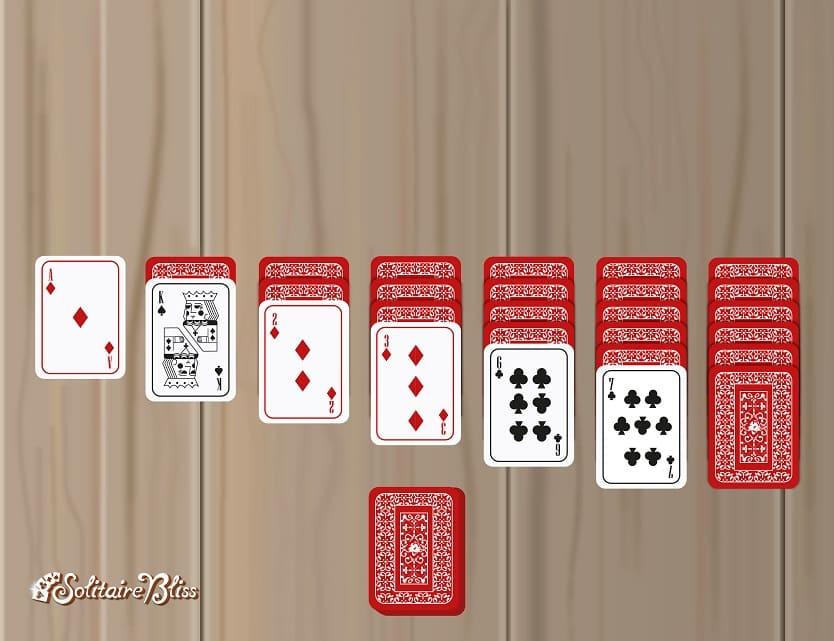
Unlocking the Solitaire Mystery: How Many Deals Exist?
Ah, Solitaire—the timeless card game that has captured the hearts and minds of players for centuries. Whether you’re seeking a momentary escape from daily life or aiming to sharpen your strategic thinking, the allure of arranging cards in perfect order is undeniable. As you settle down with a deck, a lingering question often arises: just how many unique deals are there in the vast universe of Solitaire? This article embarks on a journey to unravel the numerical enigma behind this classic pastime. From casual players to seasoned veterans, understanding the staggering number of possible deals may forever change the way you perceive this deceptively simple game. Join us as we explore the mechanics, mathematical intricacies, and the sheer scale of opportunities that Solitaire offers to players worldwide.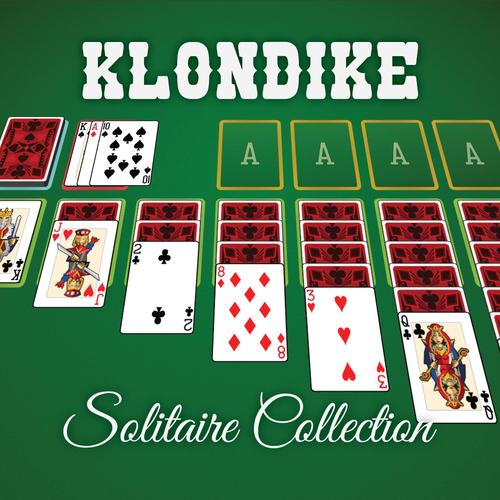
Exploring the Infinite Possibilities of Solitaire Deals
The world of Solitaire is much more intricate than it appears at first glance. Each deal presents a unique puzzle, affecting the outcome and strategies employed by players. The sheer number of potential deals can be staggering, as it encompasses various formations and sequences that ensure no two games are ever alike. Players can explore the following possibilities that fuel this captivating card game:
- Deck Configurations: The shuffling of 52 cards creates a vast array of initial setups.
- Player Moves: Each choice changes the dynamics, offering different paths to victory.
- Special Rules: Variations can provide even more unique playing experiences.
The mathematics behind Solitaire serves as a gateway to uncovering this fascinating universe. Counting the number of distinct deals, some estimates suggest there are over 8 billion possible arrangements for a single game. To illustrate this complexity, consider the following simplified table showcasing deals based on varying player strategies:
| Strategy Type | Possible Deals |
|---|---|
| Standard Play | Over 8 billion |
| Limited Moves | Approx. 1 billion |
| Random Shuffle | Numerous combinations |
This versatility not only challenges seasoned players but also invites novices to delve into the strategic nuances of the game. With each shuffle, a new story unfolds, showcasing the magical tapestry woven by the numerous possibilities that Solitaire deals offer, paving the way for countless hours of engaging gameplay.
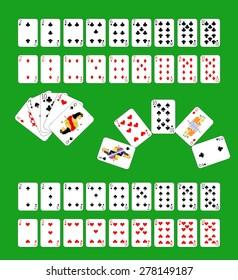
Understanding the Mathematics Behind Solitaire Combinations
At the core of Solitaire lies a fascinating interplay of combinatorics and probability. Each game starts with a standard deck of 52 cards, which can be arranged in numerous ways. The fundamental principle at work here is the calculation of combinations, where the arrangement of cards leads to a staggering number of possible deals. Once the cards are shuffled, the first deal encompasses not just the order but also the selection of which cards will appear on the tableau and which will remain in the stockpile. As a result, the sheer number of distinct configurations springs from factorial calculations, specifically the number of ways to choose and organize subsets of cards.
To further illustrate, consider the different stages involved during a traditional game of Solitaire. The initial fanning of cards can be broken down into several components, including:
- Choosing the tableau: The arrangement of 7 piles formed from 28 cards.
- Determining the stock: The remaining 24 cards that form the draw pile.
- Calculating the waste: Cards that have been moved from the stock to form the waste pile during gameplay.
This combinatorial aspect of Solitaire not only presents an intriguing mathematical challenge but also sets the stage for the game’s strategy, influencing how players approach each move based on card opportunities. When we delve deeper into the possible deals, we can create visual representations that chart the paths available to each player, showcasing the immense variations that stem from every shuffled deck of cards.
| Stage | Description |
|---|---|
| Tableau Formation | Arrangement of cards into distinct piles. |
| Stock Creation | Dealing remaining cards to the draw pile. |
| Waste Management | Tracking used cards from stock to waste. |
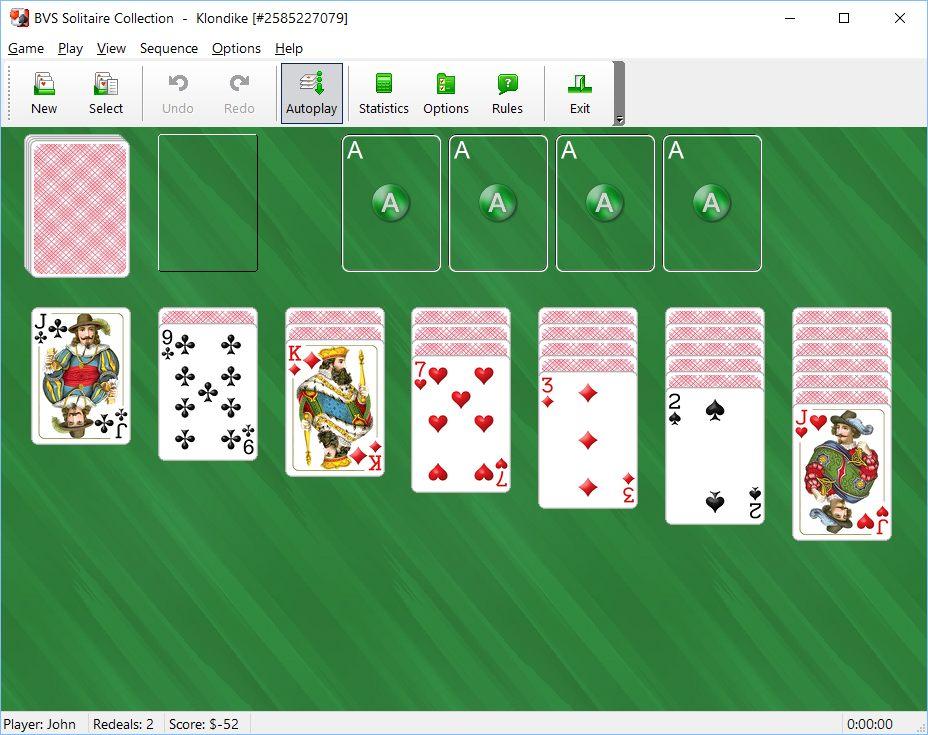
Strategies for Enhancing Your Solitaire Experience
To elevate your solitaire experience, consider incorporating various strategies and techniques that not only add layers of enjoyment but also enhance your gameplay skills. One effective approach is to set personal goals; whether it’s achieving a high score, completing a certain number of games in a session, or mastering different variations of solitaire, setting targets can make each game feel more purposeful. Another strategy is to experiment with various game modes and themes, as many digital versions offer unique environments and rules that can refresh your interest and provide new challenges.
Furthermore, engaging with the solitaire community can offer insights and tips that significantly boost your proficiency. You might want to explore forums or social media groups dedicated to solitaire enthusiasts. Here, you can learn about the latest strategies, share your own experiences, and even participate in friendly competitions. Below is a brief table of popular solitaire variations that may pique your interest:
| Variation | Description |
|---|---|
| Spider Solitaire | A challenging version played with two decks, focusing on creating complete suits. |
| FreeCell | Every card is visible from the start, allowing strategic planning for each move. |
| Pyramid Solitaire | Pairs of cards that total 13 can be removed, put to test your math skills. |
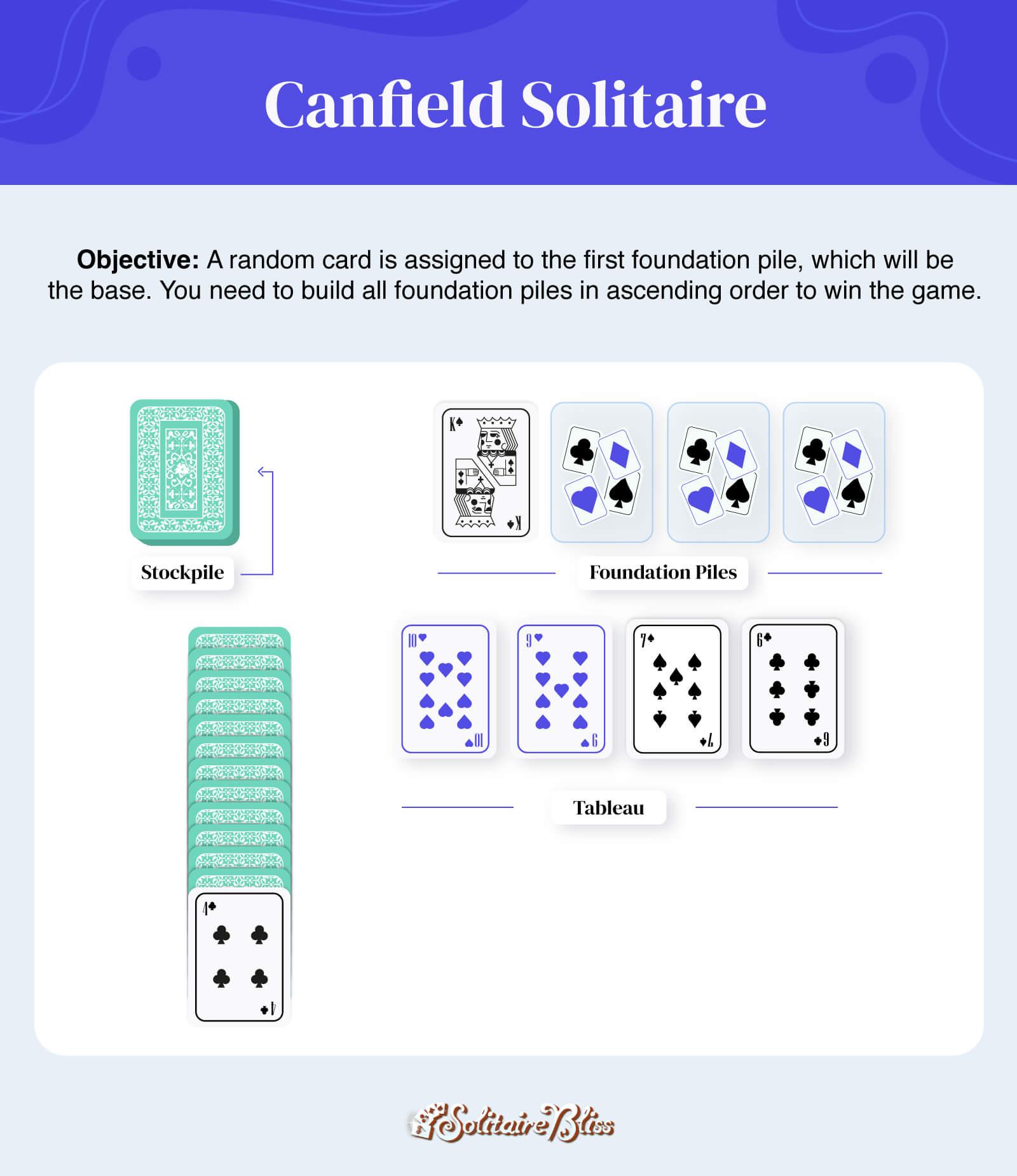
Choosing the Right Variation for Unlimited Fun
Exploring the myriad variations of solitaire can lead to an exciting and engaging gaming experience. Depending on your mood or strategy preferences, different variations can provide unique challenges and endless enjoyment. Here are some options worth considering:
- Classic Solitaire: The quintessential experience with 7 columns and 4 foundations.
- Spider Solitaire: A more complex version where players deal with two packs and multiple suits.
- Yukon: An engaging twist allowing cards to be moved without matching the foundation suit.
- Pyramid: A fun structure where players pair cards that sum to 13.
To help you visualize the differences, here’s a simple comparison of notable solitaire variations:
| Variation | Number of Decks | Number of Suits | Difficulty Level |
|---|---|---|---|
| Classic Solitaire | 1 | 1 | Easy |
| Spider Solitaire | 2 | 1-4 | Hard |
| Yukon | 1 | 1 | Medium |
| Pyramid | 1 | 1 | Medium |
Insights and Conclusions
As we draw the curtain on this exploration of solitaire deals, it becomes clear that the world of this classic card game is vast and intricate. With an astronomical number of possible configurations, players are never short of fresh challenges and opportunities for strategic thinking. Whether you’re a casual player seeking a moment of relaxation or a serious enthusiast looking to sharpen your skills, the sheer variety of deals ensures that every game can offer a unique experience. So, the next time you shuffle the deck, remember that you’re not just playing a game—you’re engaging with a nearly limitless realm of possibilities, where every deal is a new journey waiting to be taken. Happy dealing!

Leave a Reply